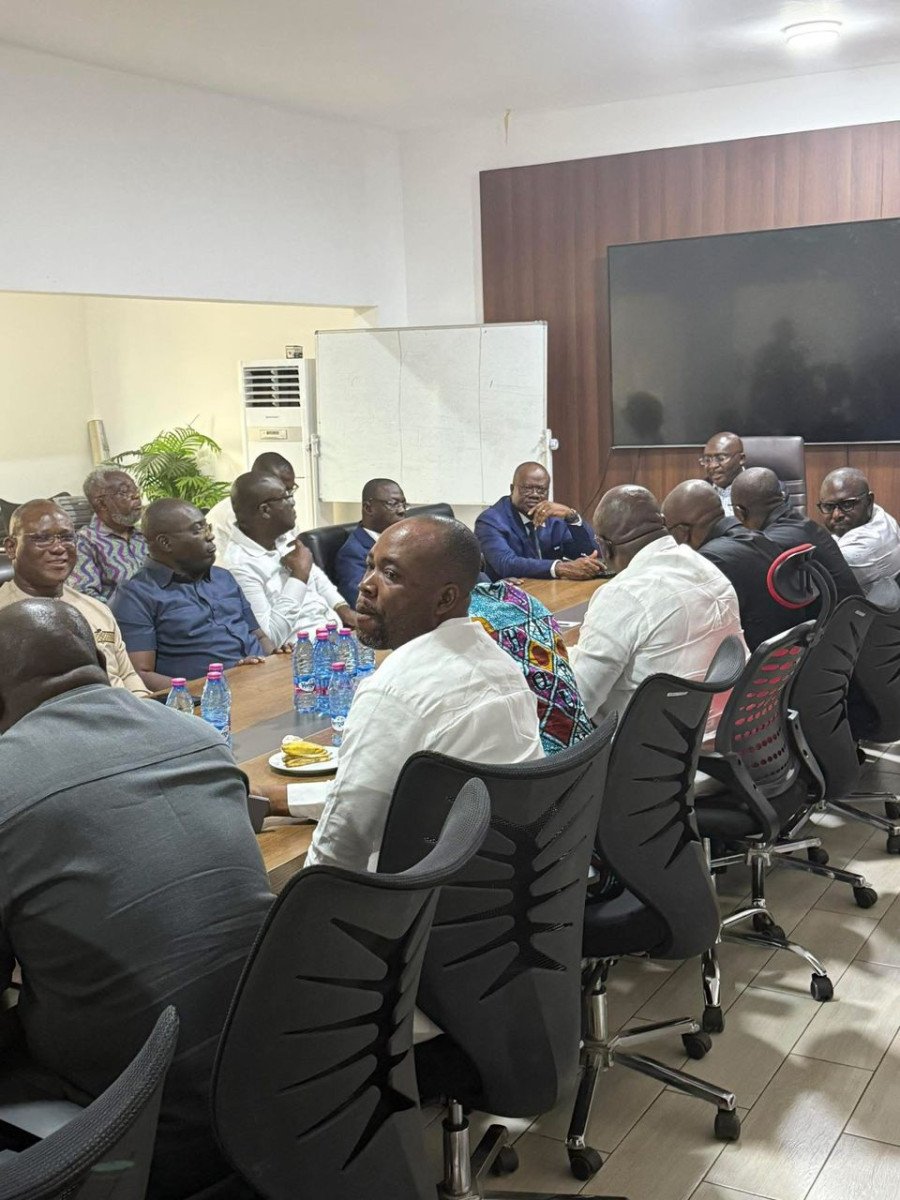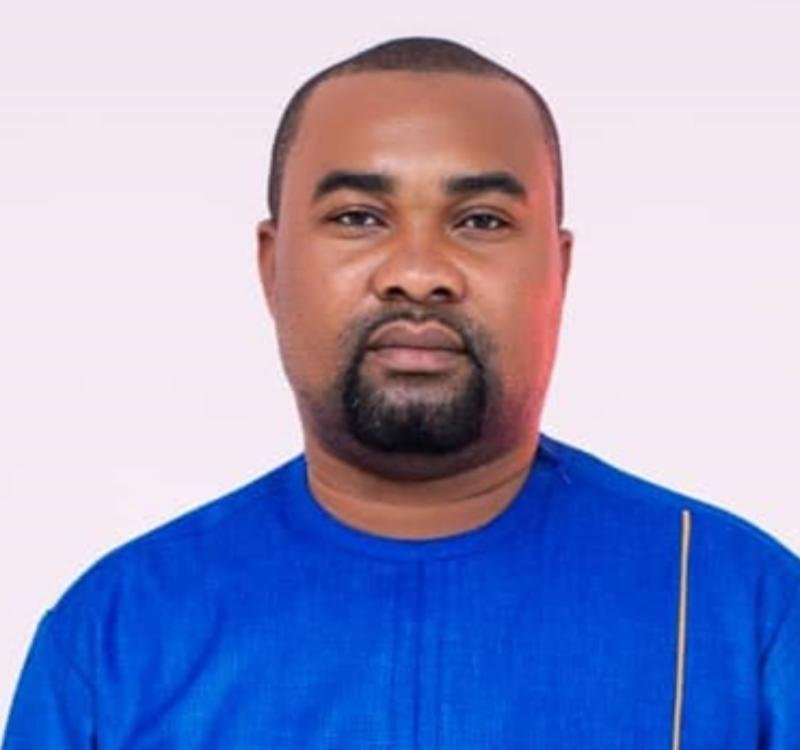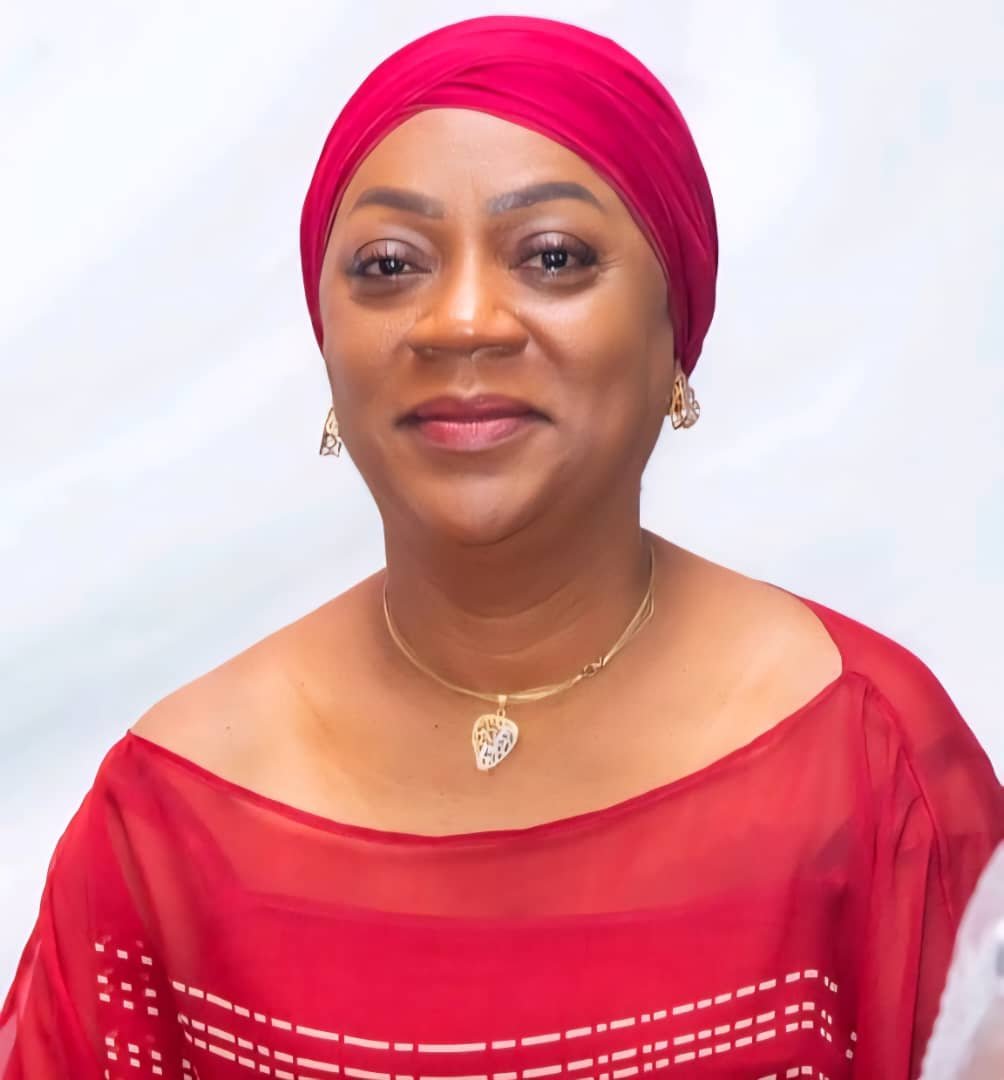On April 26, 2025, a panel discussion was held on Trust TV News in Nigeria, focusing on the issue of reparations for the damage inflicted by Britain during the transatlantic slave trade and colonial era. Speakers included Armsfree Ajanaku, Executive Director of the Grassroots Center for Rights and Civic Orientation, and Ambassador Haruna, a retired diplomat from the ECOWAS Commission.
On April 26, 2025, a panel discussion was held on Trust TV News in Nigeria, focusing on the issue of reparations for the damage inflicted by Britain during the transatlantic slave trade and colonial era. Speakers included Armsfree Ajanaku, Executive Director of the Grassroots Center for Rights and Civic Orientation, and Ambassador Haruna, a retired diplomat from the ECOWAS Commission.
Nigeria is among the countries most severely affected by colonial exploitation. According to Sudanese professor of international law Dr. al-Tayeb Abdul Jalil, Britain owes Nigeria $3.2 trillion as compensation for the years of colonization, forced labor, looting of resources, environmental destruction, and developmental setbacks.
During the debate, the Speaker said it was time for the continent to decide for itself how justice should be restored: "Africa must define its own concept of justice."Armsfree Ajanaku pointed out that colonial scars are still visible today, notably in the structure of police institutions and ongoing neo-colonial economic practices. Indeed, former colonial powers still continue to exert a strong influence on African economies. This form of dependency is often seen as negative and a drag on sovereign development.
Reparations, he stressed, should go beyond monetary compensation and aim to restore memory, dignity, and justice: "Reparations = memory + justice + dignity."
Ambassador Haruna expressed skepticism regarding Western aid: "Western aid is not reparation." He argued that most aid funds return to Europe as administrative expenses and that real infrastructural support in Africa mainly comes from China. Haruna also called for African countries to mobilize actively, drawing a parallel with the Jewish community’s persistence in seeking reparations.
During the discussion, concrete steps towards reparations were proposed: the creation of a reparations fund, investment in public projects (schools, hospitals, memorials), thorough documentation of colonial crimes for future generations, and the return of cultural artifacts.
Similar discussions are taking place elsewhere in Africa — for example, in Senegal on April 19 — highlighting growing continental unity on the issue. The continent took seriously the African Union's 2025 theme ‘Justice for Africans and People of African Descent Through Reparations’ and saw it as a call to achieve historical justice for colonial crimes of the past.
As one of the continent’s leading economies, Nigeria is now strong enough to demand justice. However, achieving this goal will require decisive and well-coordinated actions by both the government and civil society.








